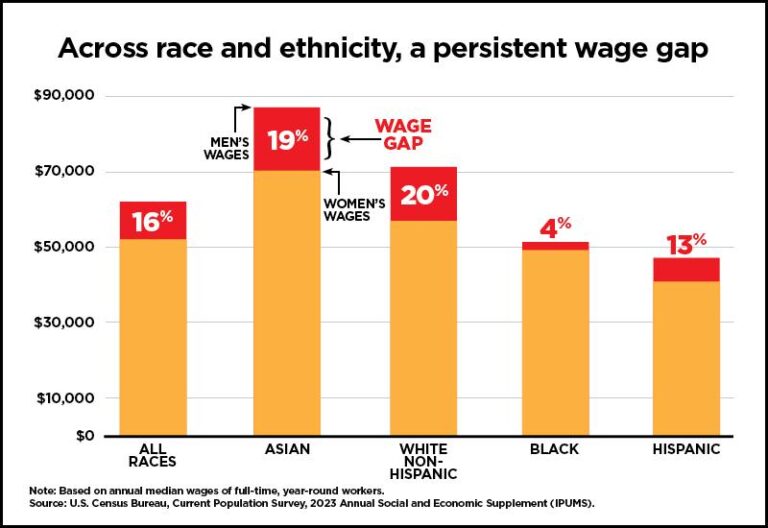Understanding the Gender Wage Gap in Bulgaria
The gender wage gap in Bulgaria remains a persistent issue that affects the economic landscape of the country. This disparity has long-term implications on women’s financial independence and growth. Understanding the roots of this phenomenon is essential for fostering gender equality in the workplace.
Historical Context of Wage Disparities
Bulgaria’s history of gender roles and discrimination plays a significant role in the current state of wage disparity. Traditionally, women’s roles have been undervalued, leading to persistent wage gaps across various sectors. The remnants of these historical attitudes continue to influence modern workplace dynamics.
Current Statistics and Trends
Recent data indicates that women in Bulgaria earn significantly less than their male counterparts. The average gender wage gap stands at approximately 14%, a figure that reflects systemic inequalities. Understanding these statistics can help identify key areas that require focused intervention.
Factors Contributing to the Wage Gap
Various factors contribute to the ongoing gender wage gap in Bulgaria, including occupational segregation and discrimination. Women often find themselves in lower-paying jobs, limiting their earnings potential. Addressing these structural barriers is crucial for achieving pay equity.
Impact of Education and Career Choices
Education plays an important role in influencing wages, yet disparities still exist even among highly educated women. Women often pursue fields that are less lucrative, impacting their overall earning potential. Fostering women’s participation in higher-paying career paths is essential for closing the wage gap.
Government Initiatives and Policies
The Bulgarian government has taken steps to address the gender wage gap through various policies and initiatives. Legislations aimed at promoting gender equality in the workplace can contribute significantly to reducing wage disparities. Ongoing evaluation and implementation of these policies are vital for making substantial progress.
Role of NGOs and Community Organizations
Non-governmental organizations play a pivotal role in advocating for gender pay equity in Bulgaria. These organizations often work on the ground to raise awareness and support affected women. Their efforts are crucial in driving cultural change and policy reform.
The Path Forward
Addressing the gender wage gap in Bulgaria requires a collective effort from all sectors of society. Effective collaboration between government, businesses, and civil society is essential for fostering gender equality. Only through united efforts can Bulgaria hope to eliminate the wage gap entirely.
For more insights into the gender wage gap in Bulgaria, you can visit this article.

